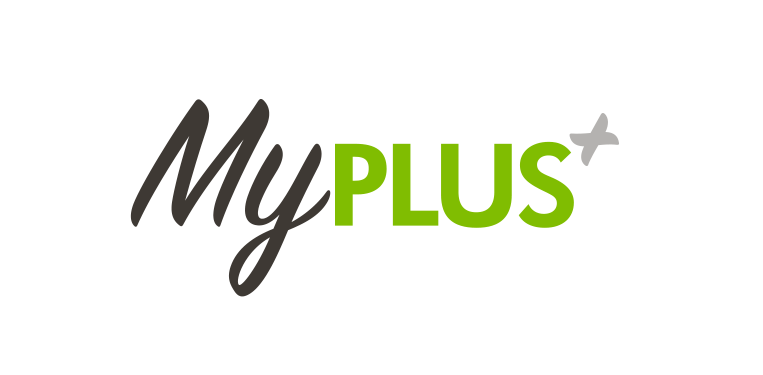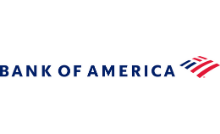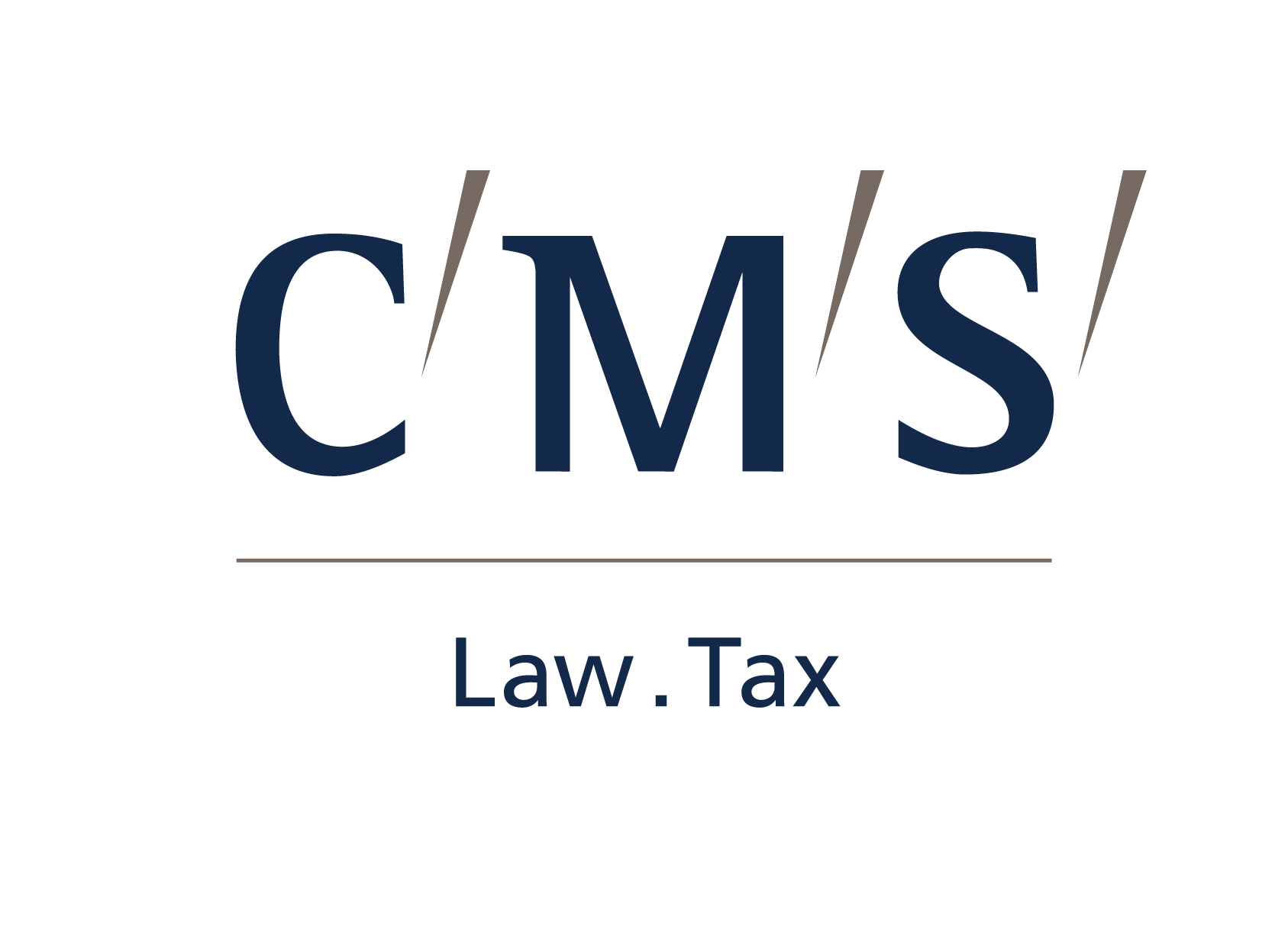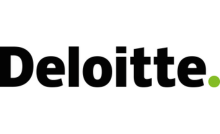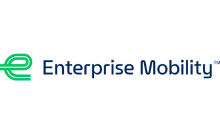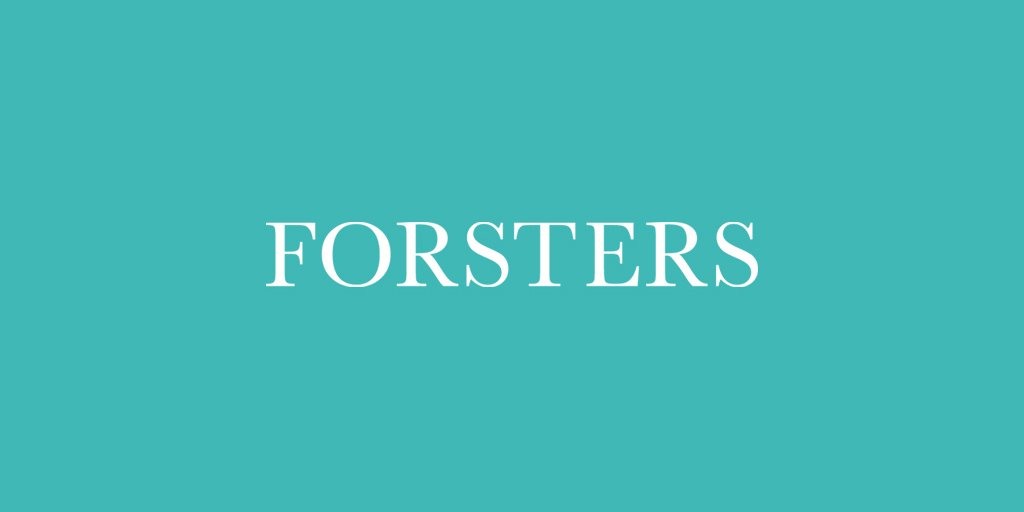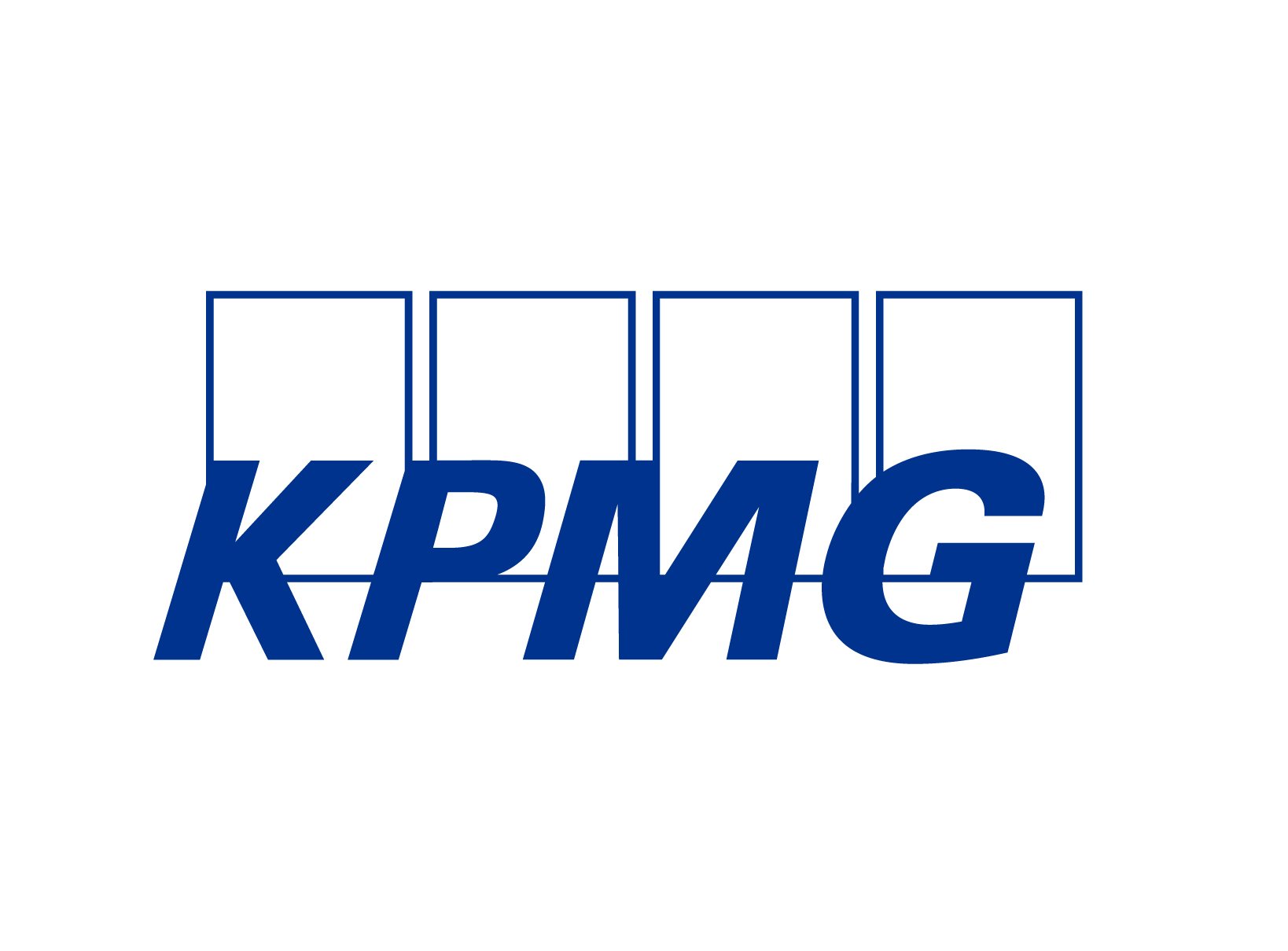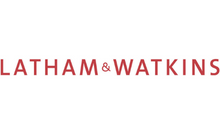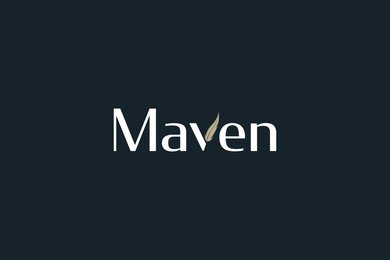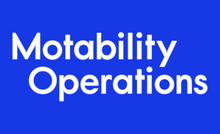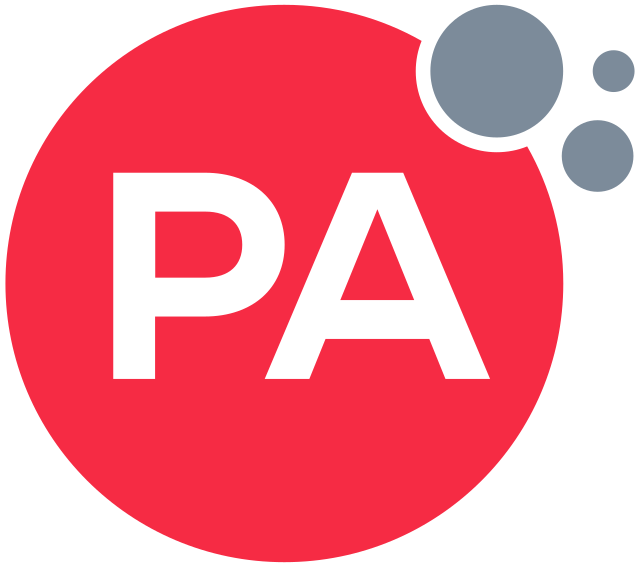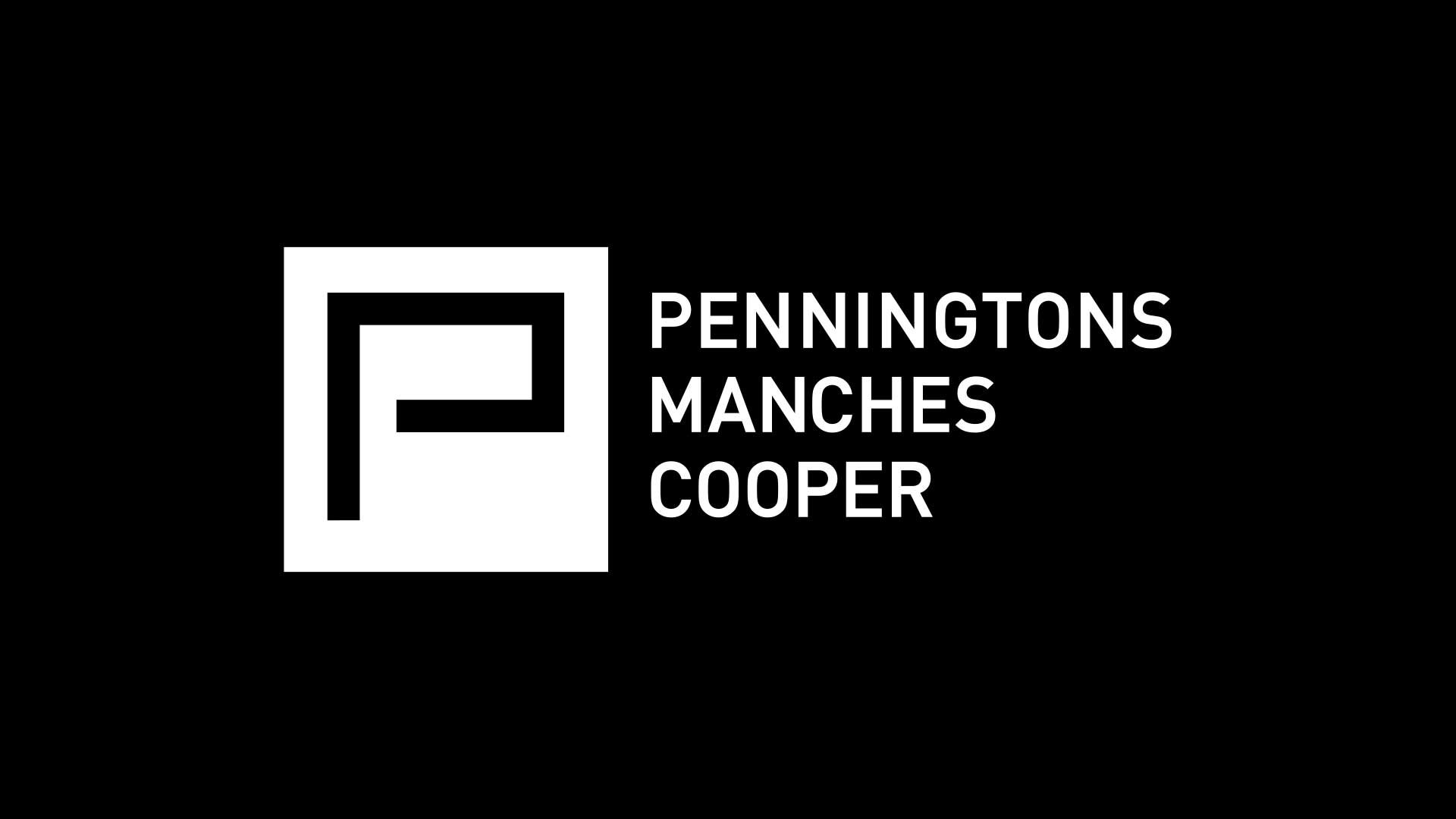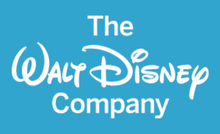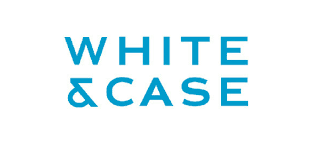Graduate Recruiter’s Disability Café 16 (GR’16)
Hosted by Norton Rose Fulbright
On 16th September 2015, members of the Graduate Recruiter’s Disability Café Club (GRDCC), along with recruiters, university staff, students and graduates, gathered at Norton Rose Fulbright’s London offices to participate in the final Disability Café for 2015. The subject of the event was understanding what disabled students value most in an employer, with a focus on helping recruiters to appear more attractive to disabled students.
Helen Cooke, Director of My Plus Consulting, opened the event by highlighting the disparity between the 10.7% of disabled graduates in 2014, and the shockingly low number of these individuals successfully gaining graduate jobs. Evidently, if recruiters are to succeed in attracting graduates from this talent pool, they need to develop an understanding of their additional or different wants and needs. To kick things off, delegates were asked to write down what they hoped to get out of the session using coloured pens to write on their white table cloths. Helen then asked them to provide their responses, before moving on to present some of the feedback from students and recent graduates. A graphic recorder was on hand to capture the discussions taking place throughout the afternoon.
Feedback from recent graduates and students about what they value in an employer was collated by Helen into 11 areas, including a mix of non-disability specific and disability specific questions. The five areas addressed in the first half of the café were; overall approach to diversity, reputation for inclusion, provision of disability specific information, experience of disabled employees and access to disabled employees. In addition to identifying what disabled students and graduates value, the feedback also indicated how they look for this information – the company’s website proved the most popular choice for researching this information.
Delegates then had the opportunity to discuss amongst themselves what they could do to improve in these specific areas, and also how they could improve on what, and how, they communicate. After fifteen minutes delegates were invited to move between tables to build on their previous discussions; this provided the opportunity to meet other participants and share ideas. After 3 rounds of conversations Helen led a feedback session in which individuals fed back what they had taken away from the session.
After a short break Helen shared the six other areas that disabled students said they valued when researching information about employers. These were: inclusive processes, named contacts, reasonable adjustments, support regarding ways to be open, flexibility in the workplace, and a non-judgemental approach. Once again delegates were given the opportunity to discuss what they had heard.
To bring everything that had been discussed together, delegates were invited to assemble around the graphic recording where Helen talked through what had been explored and discovered over the course of the afternoon. It was then time for delegates to return to their tables and come up with the top three things they would take away from the café. A feedback session followed and Helen closed with her key recommendations for recruiters. The formal café session came to a close and drinks and canapés were served.
Many thanks to Norton Rose Fulbright for kindly hosting the 16th Disability Café.
